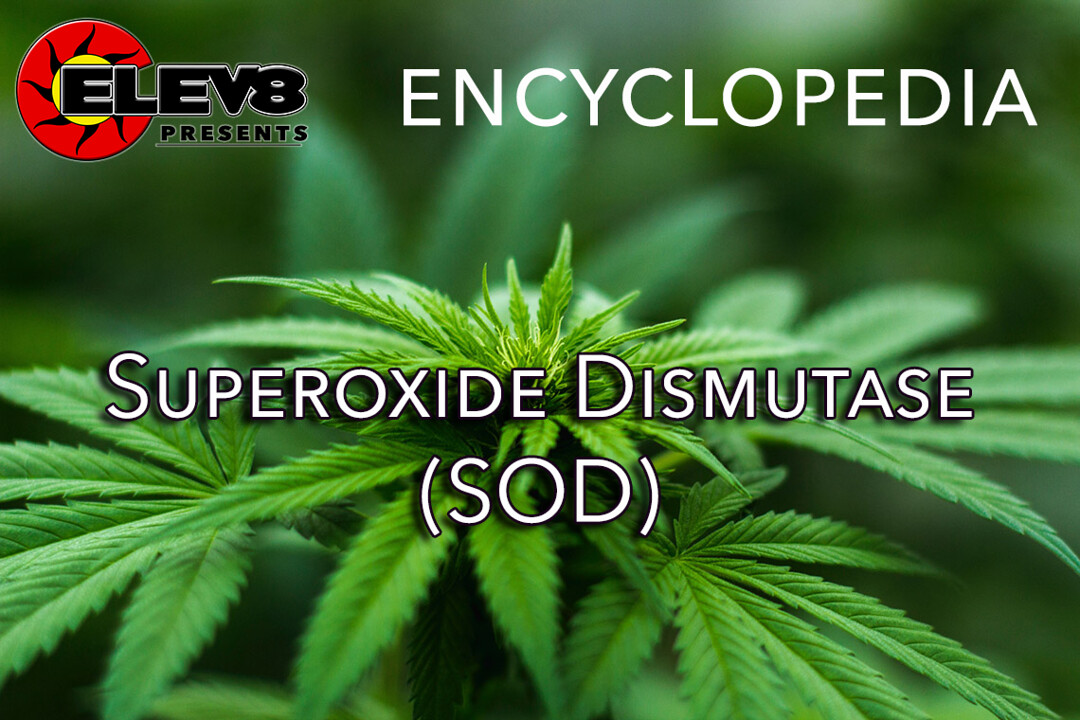What does Superoxide Dismutase (SOD) mean?
An enzyme produced in both animals and plants, superoxide dismutase (also called SOD) is an important enzyme that helps protect against the damage of reactive oxygen species, or ROS. It plays a crucial role in protecting against stressors.
More Info On Superoxide Dismutase (SOD)
Plants, like animals, are subject to stress. This might be from drought, from low light conditions, or from injuries or even bacterial or fungal invaders. Other causes include the introduction of pesticides and herbicides, exposure to ozone, and even nutrient deficiency.
During times of stress, superoxide is created when an “excited” electron is released from the electron transport chain. This free electron is then absorbed into an oxygen molecule, creating superoxide, or ROS. Within both plants and animals, superoxide causes numerous problems, including:
- Damage and fragmentation to DNA
- Oxidation of lipids
- Denaturing of enzymes
Superoxide dismutase works as an antioxidant, and is created in higher levels in the plant during times of stress. As stress levels within the plant increase, so too do the levels of superoxide dismutase. When SOD encounters ROS, it catalyzes a reaction, reducing ROS to oxygen and hydrogen peroxide.
So far, there are three forms of SOD identified in plants. One is a copper/zinc combination, the second is formed from manganese, and the third is formed from iron. All are metallic enzymes, and low levels of these elements in the soil or other growing medium may reduce the formation of superoxide dismutase, making plants more susceptible to threats and stressors.







